
Facts you didn't know about email marketing
Despite newer developments like social media and mobile, email remains a powerful and effective marketing tool.
Website tool comparison site WebsiteBuilder has put together an infographic looking at why email marketing works, the techniques used, and more.

One in three consumers has a separate email account for marketing messages
People are increasingly looking to separate marketing messages from their other emails by having them sent to a separate account.
According to a new survey of consumer email habits from Yes Lifecycle Marketing, 36 percent have opened separate email accounts solely for brand communication. For millennials that number jumps to more than half (58 percent).

Emails beat social media in the battle for consumer engagement
It's easy to believe that marketing to younger generations would be best conducted via social media, but a new survey shows that email is still a more effective tool.
The study from email marketing brand Campaigner looks at the preferences of online shoppers and revealed insights into how to most effectively market to different consumer generations.

European political parties left open to email-based cyber attacks
None of the political parties in the UK, Germany and Norway, all of whom have upcoming elections, have email authentication or protection against spear phishing in place, according to new research.
The study by secure email company Agari shows that while eight percent have published an email authentication policy, they've left the door wide open by setting their policy to 'none', which will not stop malicious emails from reaching intended victims.
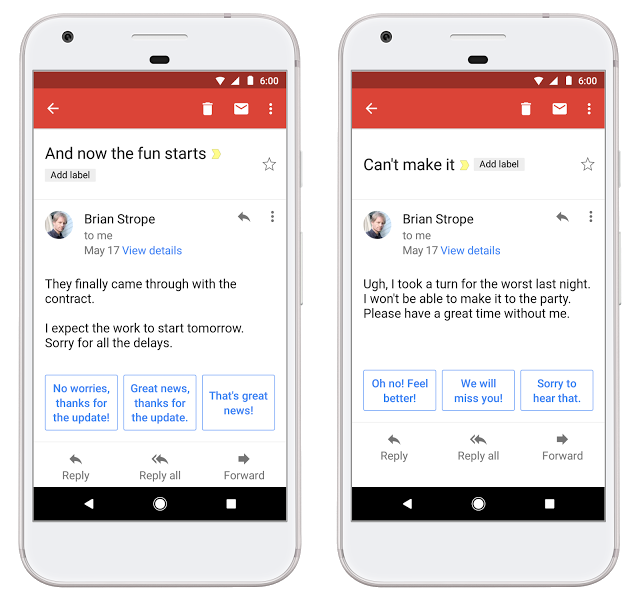
Google bringing Gmail 'Smart Reply' to iPhone and Android -- company will read your emails
Today is the start of Google I/O 2017 -- be sure to watch the keynote here. There will be plenty of interesting announcements from the company. While much of it will be developer focused, there is sure to be news that will tickle the fancy of consumers too.
Gmail is one of Google's most popular services, and today, the company announces that it is bringing a cool feature to it -- Smart Reply. What is it? Well, the search giant's computers will read your emails, and then offer suggested replies. The service will even use machine learning to improve by reading your replies too. Understandably, some people will have privacy concerns.
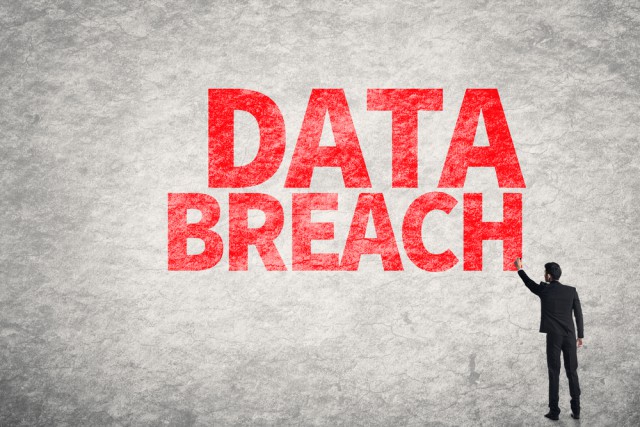
Data breach at DocuSign leads to massive phishing campaign
E-signature and security firm DocuSign has confirmed a data breach in which attackers gained access to a database containing customer email addresses. The company says that no other data was revealed in the security breach, but it led to a large phishing campaign.
Attackers used the stolen email addresses to spam people with emails containing an infected Microsoft Word document. The company insists that its core service remains secure, but coming in the wake of the WannaCry ransomware attack, people around the world are on high alert.
Majority of UK workers blindly open email attachments
Come on, people. We’re almost halfway through 2017, and you’re still opening shady email attachments? Glasswall Solutions seems to think so. As a matter of fact, its new report says UK workers are "too trusting" of email attachments.
More than half, 58 percent, "blindly" open email attachments from unknown sources. Three quarters, 75 percent, recognize how often they get shady emails. Just 16 percent thinks they should be worried about a cyber-attack.
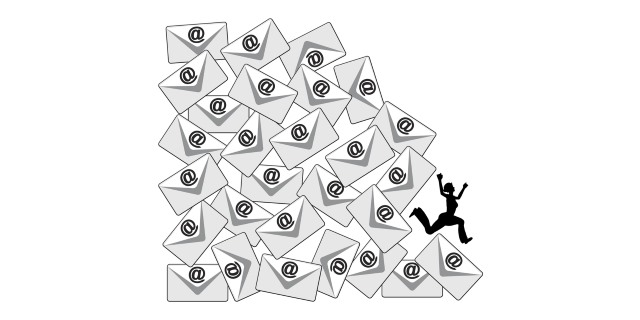
Newsletter bombs are the new DDoS
So called 'newsletter bombs' are increasingly being sent to the publicly known email addresses of journalists, companies, and also dot-gov email addresses. These attacks send thousands of fake newsletter sign-up emails to targeted email addresses rendering the attacked mailbox useless.
According to German secure email service Tutanota, which had its own main contact address targeted, these attacks are easy to execute because most newsletter sign-up forms have no protection against malicious bot sign-ups.
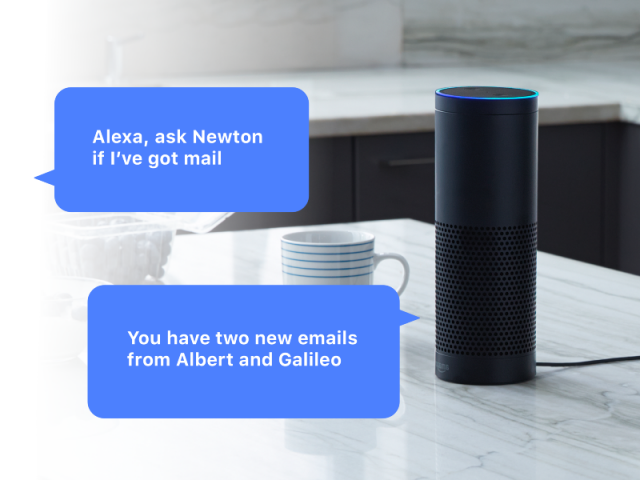
Newton email app now available for Windows, Alexa support arrives
Of all the email apps I have used in recent years, Newton (formerly known as CloudMagic) is my favorite. It is really easy to use, works with all the major email providers, has some pretty cool features, and, most importantly, is available on Android, iOS and macOS. So it nearly covers all the major platforms, except Windows.
CloudMagic, the company behind the app, has been working to change this since December, however, and now we get the first beta version of Newton for Windows. It is rough around the edges at this stage, as you might expect, but it will get the "core emailing" job done.

NSA to stop reading certain American emails -- will delete some previously collected messages
The government is supposed to work for the people, but sometimes, it can feel like it is against them. In a democratic country like the USA, where many officials are elected by citizens, you would think this wouldn't be the case, but sadly, it often is. As Edward Snowden revealed in his leaks, the US government has programs where it spies on its own people, doing things like scanning and reading their emails.
Today, the National Security Agency announces -- somewhat begrudgingly -- that it will stop the collection of some American emails that simply mention known foreign targets. It will instead only collect communications to and from the target directly. While this is a big win for the privacy of American people, the NSA is seemingly implying that it could have negative implications for safety. In fact, the agency tries very hard to distance itself from any wrongdoing by making it clear that the reading of these emails were legal and allowed.
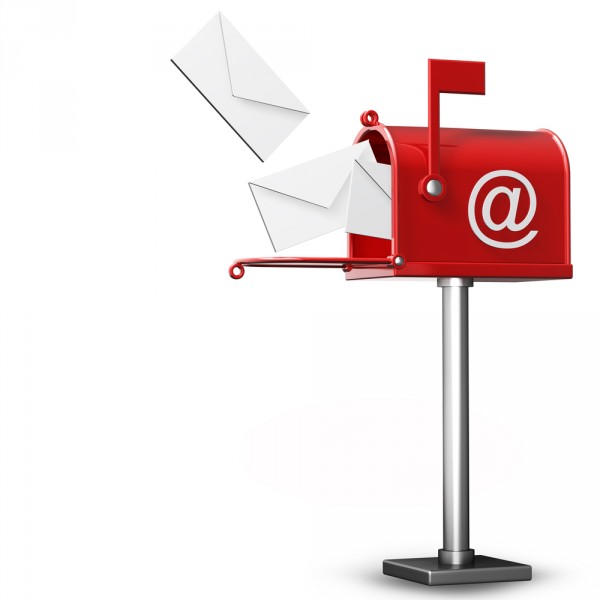
Arcserve launches new email archiving technology for businesses
Businesses of all sizes are under increasing pressure to protect corporate email records and make them easily accessible for audits and legal discovery.
Data protection and recovery specialist Arcserve has acquired email archiving technology FastArchiver and is making it available through its Arcserve UDP solution portfolio. UDP Archiving efficiently stores archived on-premise, public or private cloud email in a location independent of the primary mail system.

Email unsubscription service Unroll.me sells user data; CEO is 'heartbroken' that people found out
Overwhelmed by the number of emails hitting our inboxes these days, it's little wonder that a "unsubscription service" like Unroll.me came into being. Designed to make it easier to clean up your inbox, it turned out that Unroll.me was selling user data to other companies -- including Uber, which is caught up in other controversies of its own.
After this came to light, CEO Jojo Hedaya has written a sorry-not-sorry-style apology. In it, he says that it was "heartbreaking" to find that users were upset to discover "how we monetize our free service." But while recognizing that people are unhappy, there are no plans to change the practice. If you're concerned, however, a data scientist has written a guide to deleting your account.

Employees in the dark about data retention policy
Enterprises are increasingly bound by legal and compliance requirements to retain information and communications.
Yet a new study reveals that over half of office-based employees say their companies don't have written policies on data retention or personal use of work devices, or if they do, they aren’t aware of them.
The dangers of legacy email archives
To everyone who continues to own a legacy email archive -- beware! You are sitting on a ticking time bomb.
By legacy email archives, I am referring to an email archive that was designed in the early 2000’s and is likely deployed on premises; but in some cases is a hosted email archive solution. A legacy email archive presents three major risks to your IT infrastructure and organization as a whole.
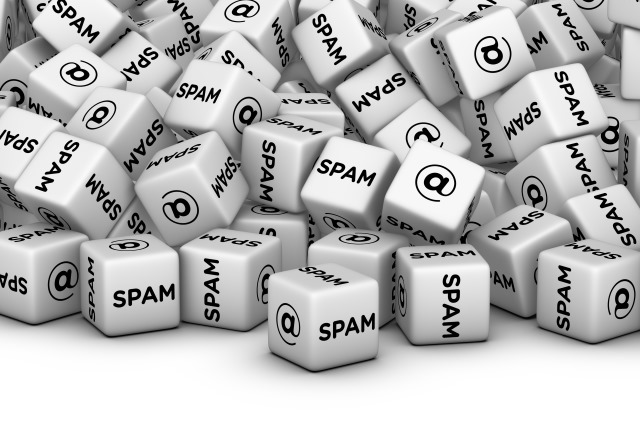
Huge database leak reveals 1.37 billion email addresses and exposes illegal spam operation
A faulty backup has inadvertently exposed the entire working database of notorious spam operator River City Media (RCM). In all, the database contains more than 1.37 billion email addresses, and for some records there are additional details such as names, real-world addresses, and IP addresses. It's a situation that's described as "a tangible threat to online privacy and security."
Details about the leak come courtesy of Chris Vickery from macOS security firm MacKeeper who -- with a team of helpers -- has been investigating since January. River City Media's database ended up online thanks to incorrectly-configured Rsync backups. In the words of Vickery: "Chances are you, or at least someone you know, is affected."
